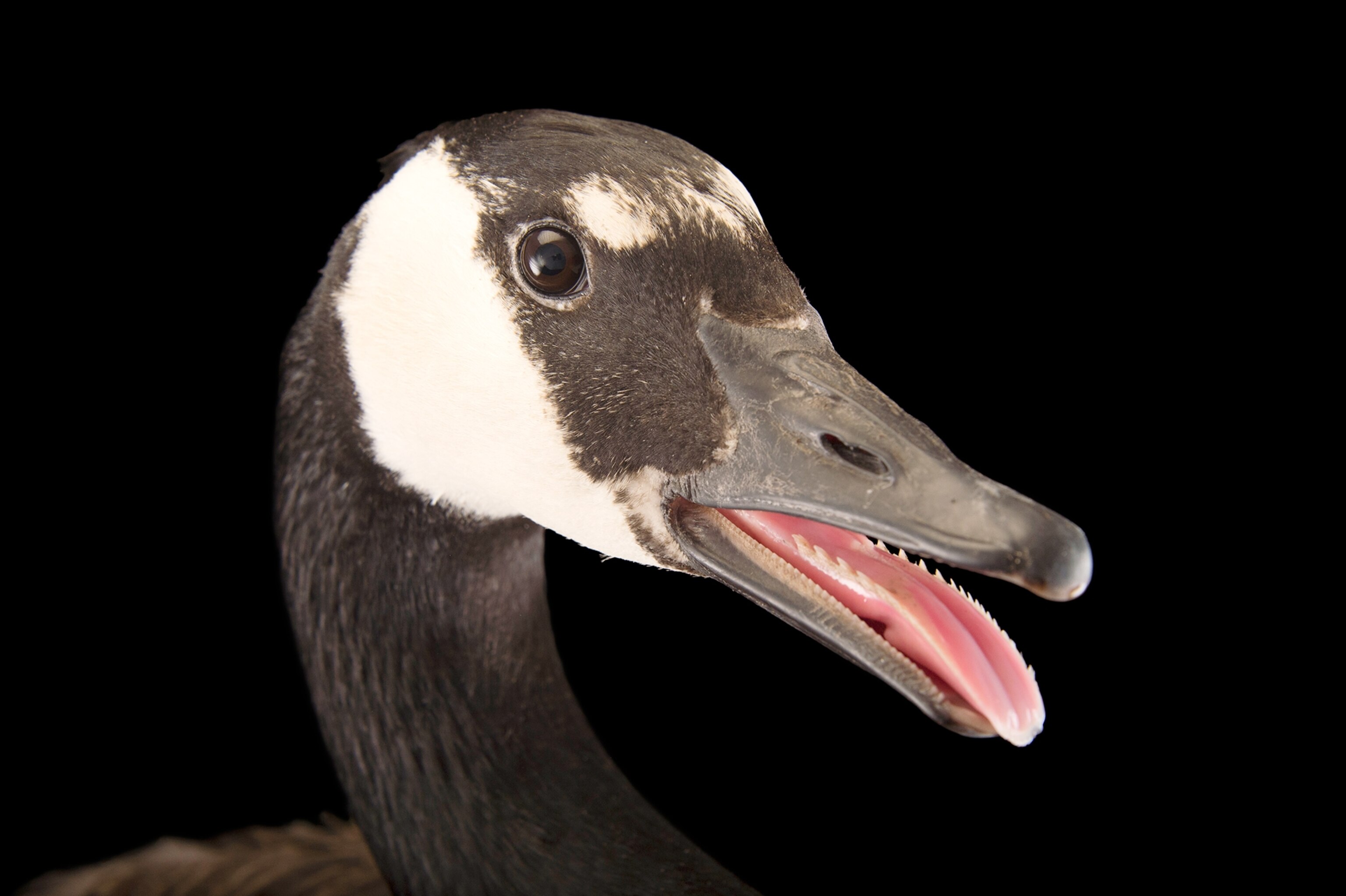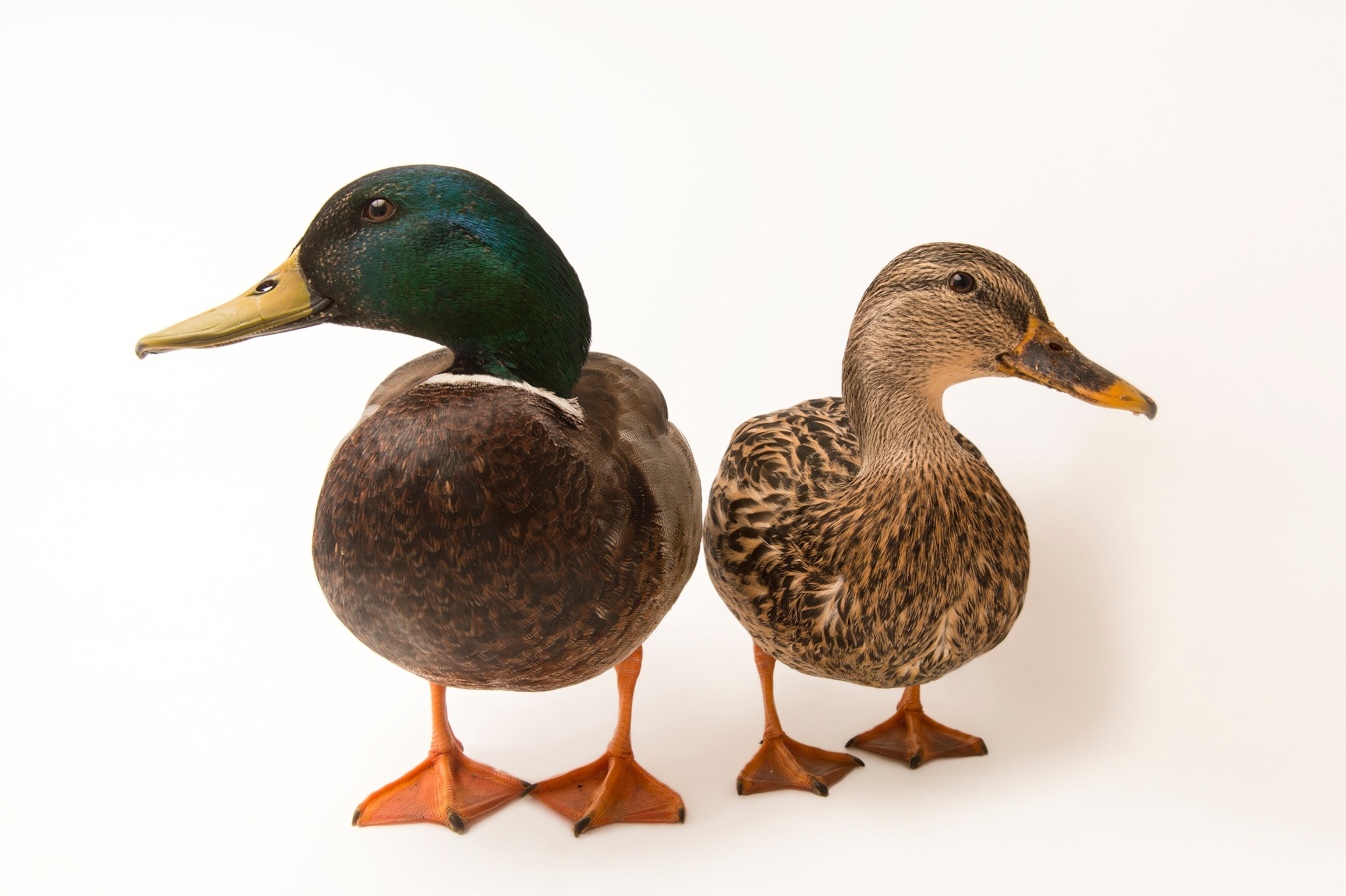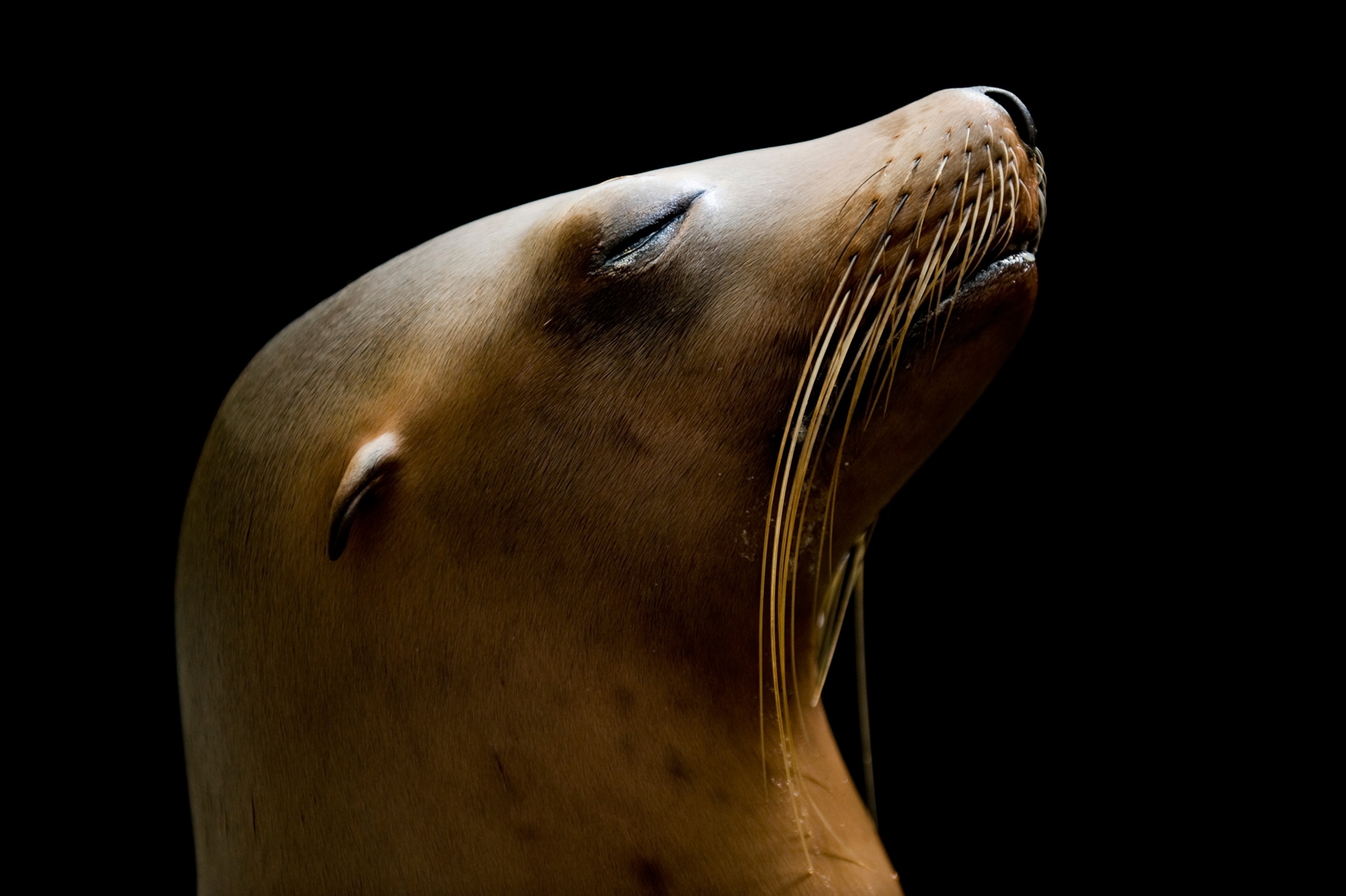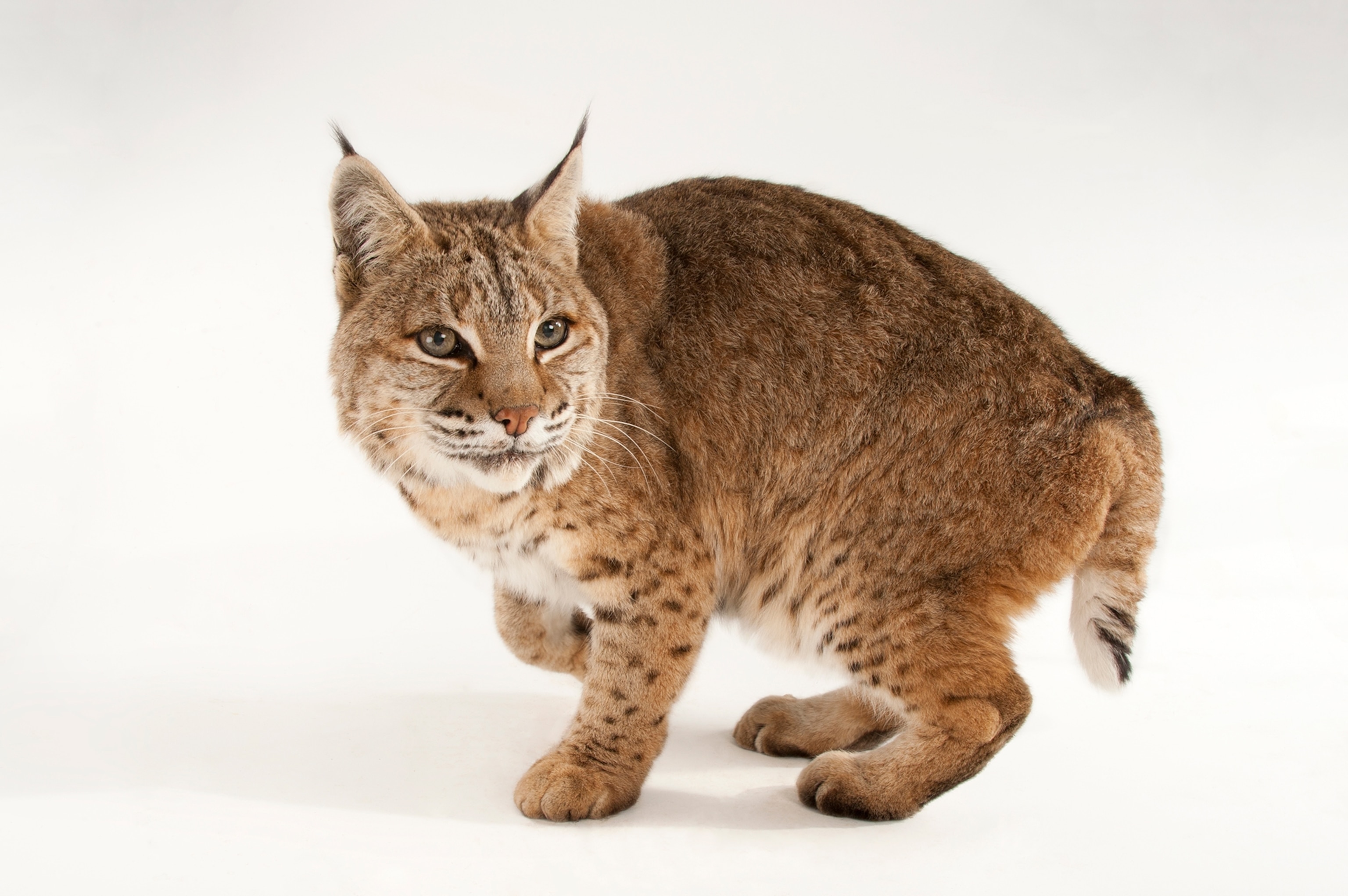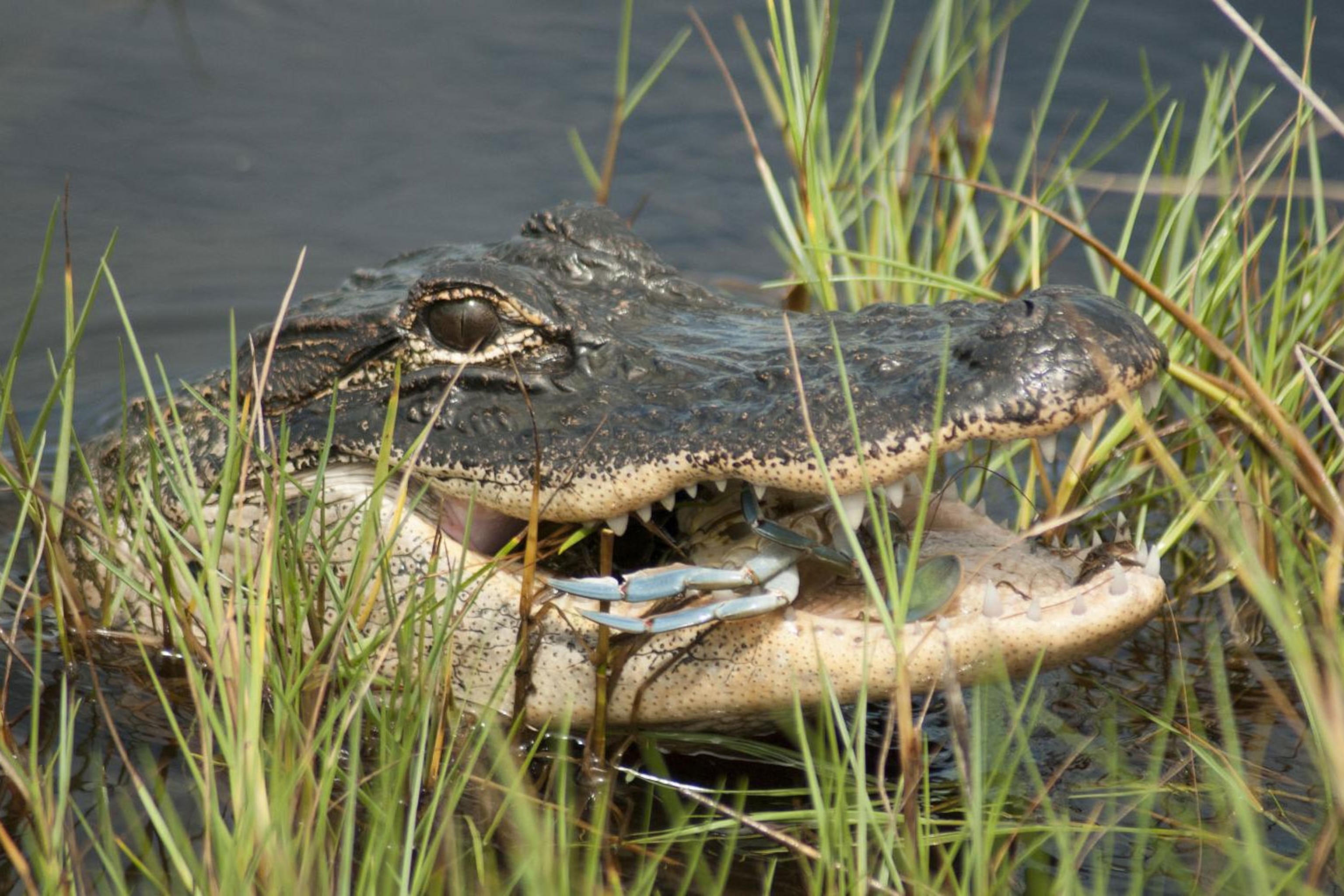
As Predators Rebound, You're More Likely to See Alligators at the Beach
Large predators are coming back onto land that’s been claimed by humans. Here’s how to deal with the change.
Sometimes, things pop up in places where we least expect them. So when an apex predator was sneaking through a saltmarsh where Brian Silliman was studying crabs and snails, he was shocked.
“I was being stalked by alligators,” says Silliman, a marine conservation biology professor at Duke University’s Nicholas School of the Environment. “Alligators are thought to be freshwater specialists. [Seeing one in a saltmarsh] just completely challenged everything I was taught about alligators.”
The encounter got Silliman thinking about other large animals cropping up in unlikely habitats. By combing through data from scientific studies and government reports, he found that large predators were being spotted in other ecosystems where they weren’t seen previously. (Related: “Why Do Whales Get So Big? Science May Have an Answer.”)
“My surprise is that I found it wasn’t limited to one species,” Silliman says. “We probably, as ecologists, started studying these organisms well after their range has been contracted.”
The reason for these unusual sightings, he found, is not because these predators are expanding their ranges in search of food, which was the previous consensus. Instead, the animals are recolonizing ecosystems they once inhabited before humans came along and stripped them of resources. Along with several co-authors, Silliman published the findings in the journal Current Biology on Monday.
Animals Roaming Free …
In addition to alligators, Silliman and his team found that sea otters, river otters, gray whales, gray wolves, mountain lions, orangutans, and bald eagles, among other predators, were being spotted more often in habitats outside of their traditional ones. Archaeological evidence says alligators and sea otters are returning to places that are now populated by humans, but were once the predators’ typical habitat.
Larger predators top the food chain and can adapt more easily to environmental changes. They’re often the smartest animals, Silliman adds, and their larger bodies can handle bigger swings in temperature. With these resilient characteristics, it makes sense that the animals can handle habitats other than the ones they’re commonly found in today.
“I think most of us look at natural systems and think we know what they should be like, but many of these probably haven’t been in a natural state in the last 10,000 years,” says Mark Hay, a biology professor at Georgia Tech who was not involved in the study. “I’m not surprised that [the animals] can occupy places that we didn’t traditionally think of them occupying.”
In fact, predators stabilize and improve ecosystems. Take the estuaries of California’s Monterey Bay, for example. When sea otters, traditionally found in the kelp forests of the Pacific, are introduced to the estuaries, they eat Dungeness crabs, which would otherwise overindulge on algae-grazing sea slugs. These slugs can then save seagrass beds from harmful algae that feeds on runoff from inland farms and cities. In short, more otters equal a healthier ecosystem.
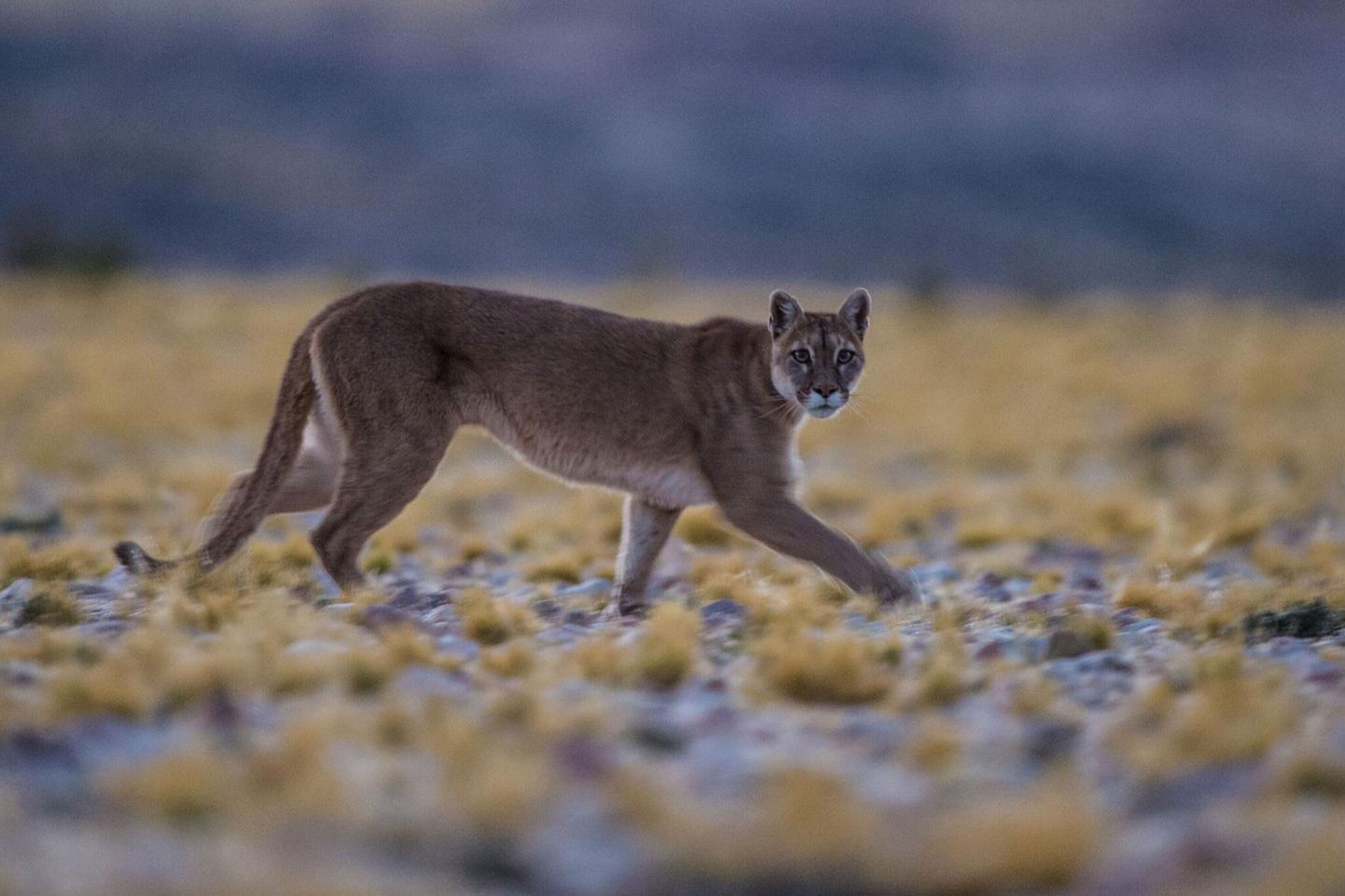
Silliman says that the large predators mentioned in the paper still can be found in their traditional habitats, but some are moving into more developed lands. (“Feral Cities: How Animals are Going Urban Like Never Before”)
“It’s a reshuffling of the members and the components of the networks. It means that large predators are going to be showing up in ecosystems near people,” Silliman says. “It’s not necessarily something we should be scared of.”
… And How to Deal With It
Today, we’re more likely to encounter animals in areas where we wouldn’t expect to see them, Silliman says. That doesn’t mean a mountain lion is going to come crashing through your home, but it does mean that you might be more likely to run into an alligator when you’re at the beach, depending on where you live. (Related: “In Cities, Wildlife Evolves Astonishingly Fast”)
So, coexistence is key, Silliman adds. He says that the way to achieve this is to look at communities where humans have successfully lived with wildlife. Silliman points to examples in Australia, Florida, and North Carolina, where humans live peacefully alongside crocodiles, alligators, and black bears, respectively.
“[The solution is] in asking and learning from situations where people already do coexist from wildlife,” Silliman says. “Rather than being a scholarly activity, this is something that’s going on right now.”
But, he adds, coexistence requires more management. Humans and animals have to change their behavior so as to not harm the other species. For example, wolf packs can’t be allowed to eat cattle and angry locals can't be permitted to kill endangered orangutans.
But, there are some other examples where humans and wildlife can exist peacefully. Leopards in Mumbai, India, for instance, are eating feral dogs that would otherwise infect people with fatal rabies. (Related: “How Wild Animals Are Hacking Life in the City”)
Hay agrees with Silliman. Even though he studies marine ecosystems, Hay keeps a saber tooth tiger skull on his desk as a reminder that “everything I study today is evolutionarily driven by things that may not be here today.”
“We need to be much more aware about what these large consumers might have done, even in communities we don’t think of them occupying,” Hay says. “I think it’s really important that we study not only what is here, but what might be.”




